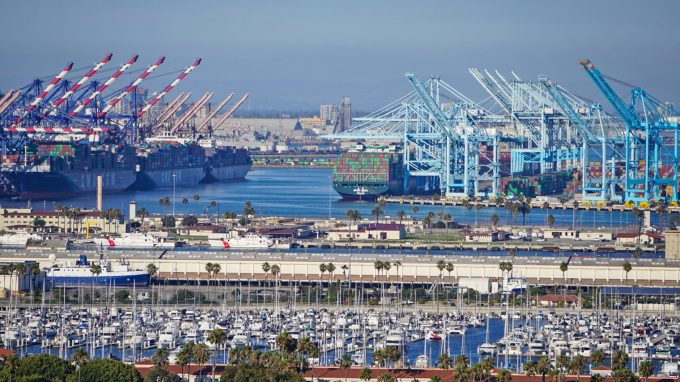UK regulator delays GXO's Wincanton takeover, due to 'competition concerns'
The UK’s Competition and Markets Authority (CMA), the country’s chief competition regulator, has delayed GXO’s ...

The UK government could set up its own Consortia Block Exemption Regulation (CBER) for shipping when it revokes all EU laws.
Jacob Rees-Mogg, secretary for business, energy and industrial strategy, has proposed a Retained EU Law (Revocation and Reform) Bill, which aims to scrap all existing EU law retained in the UK, including the CBER, which the European Commission is currently reviewing.
A consultation paper by the UK’s Competition and Markets Authority (CMA), released on 19 January, is asking for industry views ...
Maersk u-turn as port congestion increases across Northern Europe
Apple logistics chief Gal Dayan quits to join forwarding group
Maersk Air Cargo sees volumes fall as it aims for 'margin in favour of revenue'
Houthis tell Trump they will end attacks on Red Sea shipping
Transpac rates hold firm as capacity is diverted to Asia-Europe lanes
Airlines slash freighter capacity post-de minimis, but 'the worst is yet to come'
MSC revamps east-west network as alliance strategies on blanking vary
India-Pakistan 'tit-for-tat' cargo ban sparks sudden supply chain shocks


Comment on this article